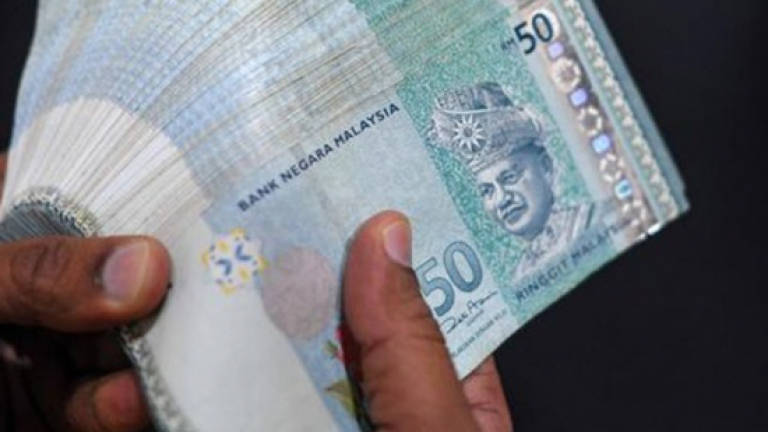PETALING JAYA: The government should consider reintroducing the unpopular Goods and Services Tax (GST) for Budget 2020 to replace the Sales and Services Tax (SST) if it wants to increase its coffers, economists said.
Dr Hoo Ke Ping said the government needed a substitute to cover the expected SST shortfall of over RM20 billion compared with the RM44 billion collected under GST.
The former American Liberty University lecturer said the prices of certain commodities, including palm oil and crude oil, are expected to drop further next year, making0 the reintroduction of GST a timely solution.
“The government has to revert to GST, there’s no two ways about it. It is already known and proven that SST can’t collect enough money. There will be a big budget shortfall problem.
“Otherwise, they (government) will have to squeeze more taxes from the people, and this will only infuriate more people,” he said yesterday.
In January this year, Finance Minister Lim Guan Eng revealed the SST collected by the government in 2018, since it was implemented in September that year, was RM5.4 billion.
On July 24, Deputy Finance Minister Datuk Amiruddin Hamzah said that the government had projected the collection of SST to amount to RM22 billion for 2019.
If achieved, this is only half of the RM44 billion collected under GST by the then Barisan Nasional government in 2017.
Economist Tan Sri Ramon Navaratnam also echoed Hoo’s claim that the reintroduction of GST is necessary.
However, he said such a solution might not be practical given the political reality in the country.
He said what could be done instead was to increase certain taxes, particularly those that targeted higher income Malaysians, and to have progressive charges and taxation on more services and goods.
“For instance, government hospitals are charging RM1 for all citizens. What they can do instead is to have a progressive scale, with the rich having to pay more.
“Those who can afford must be taxed more to help the poor in the country. The coming budget must reflect shared prosperity.”
Meanwhile, Ramon said it was time the government revised the New Economic Policy (NEP) from a race-based approach to a needs-based one.
“The NEP should be meant for all poor people, not just Malays. Poor means poor, and if you need help, it basically means you do. Don’t only help Malays.”













